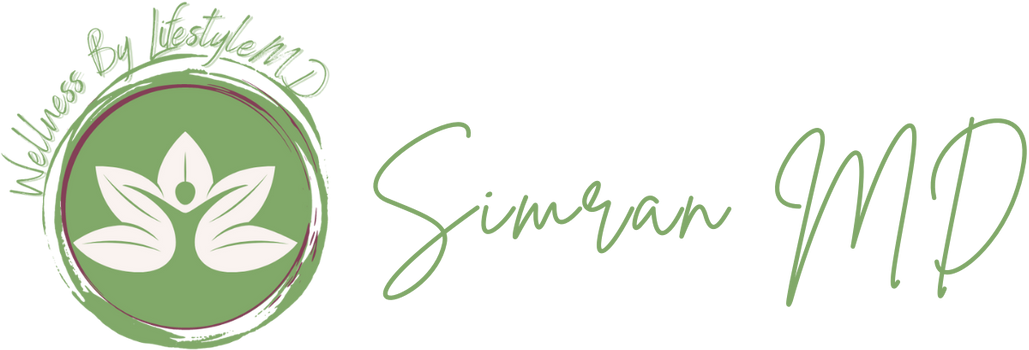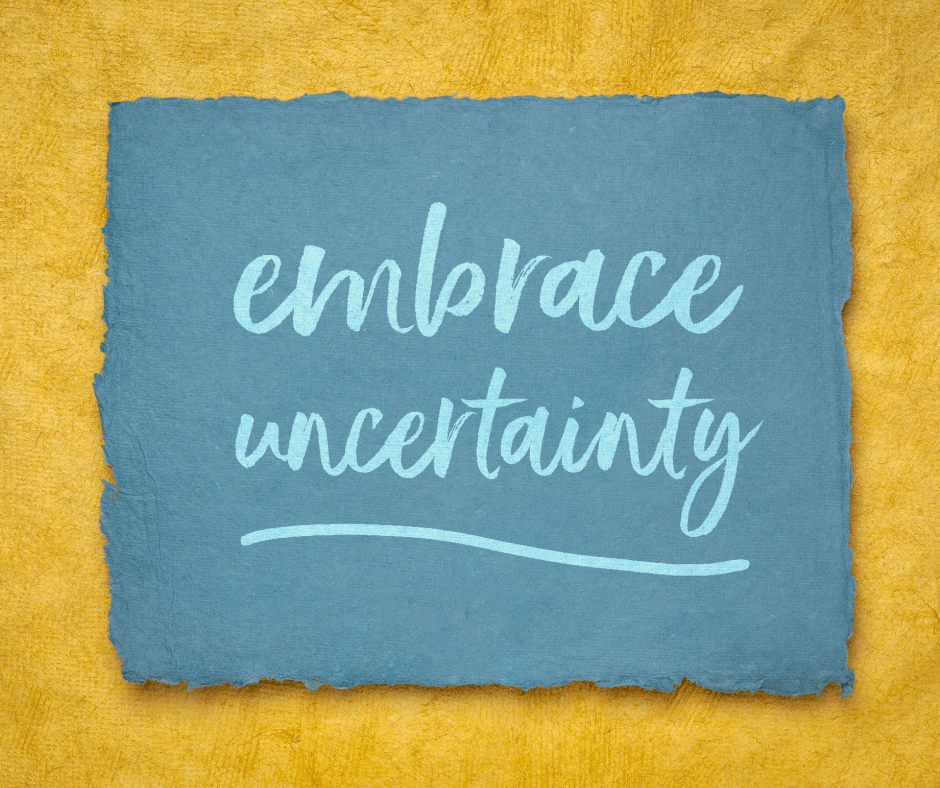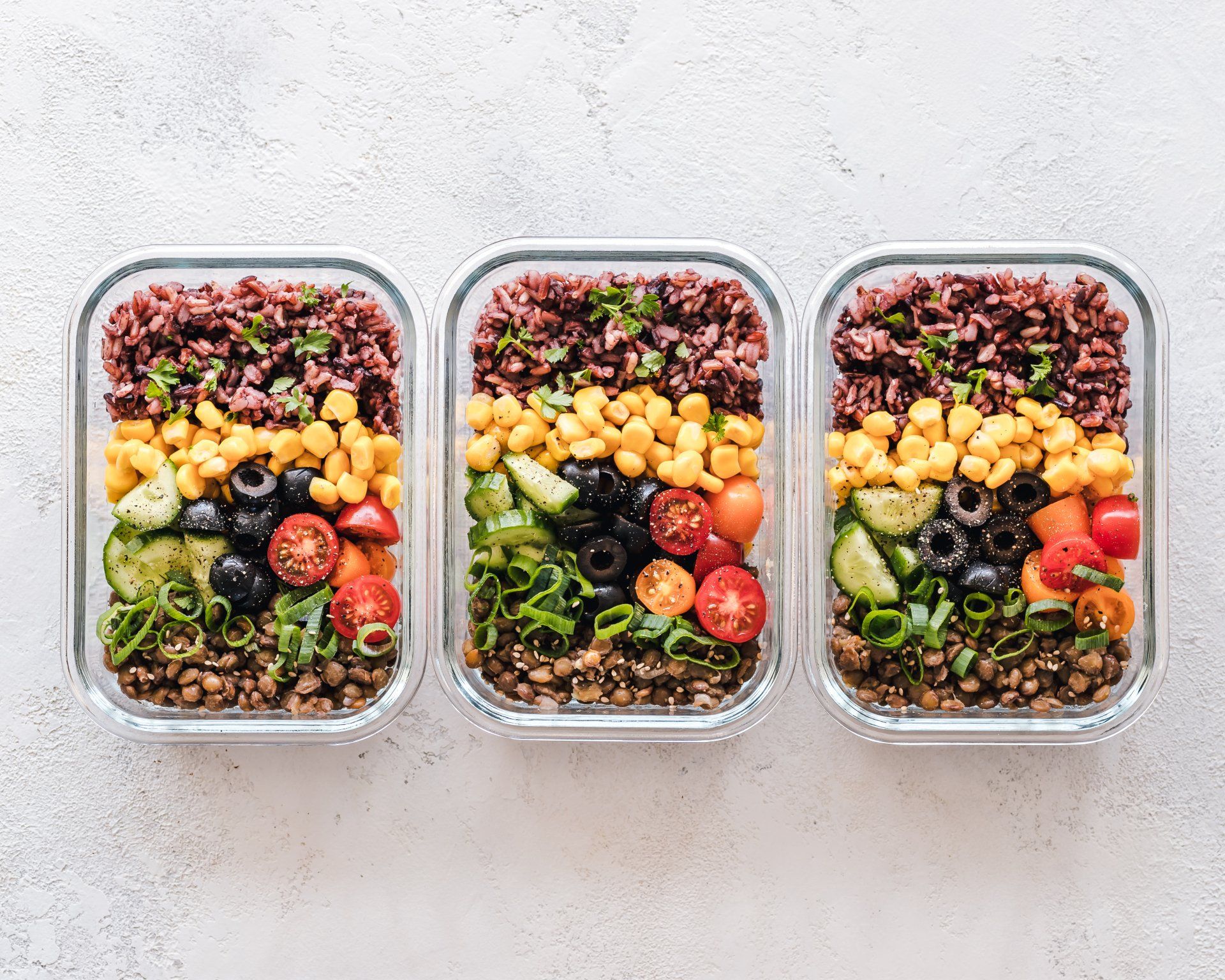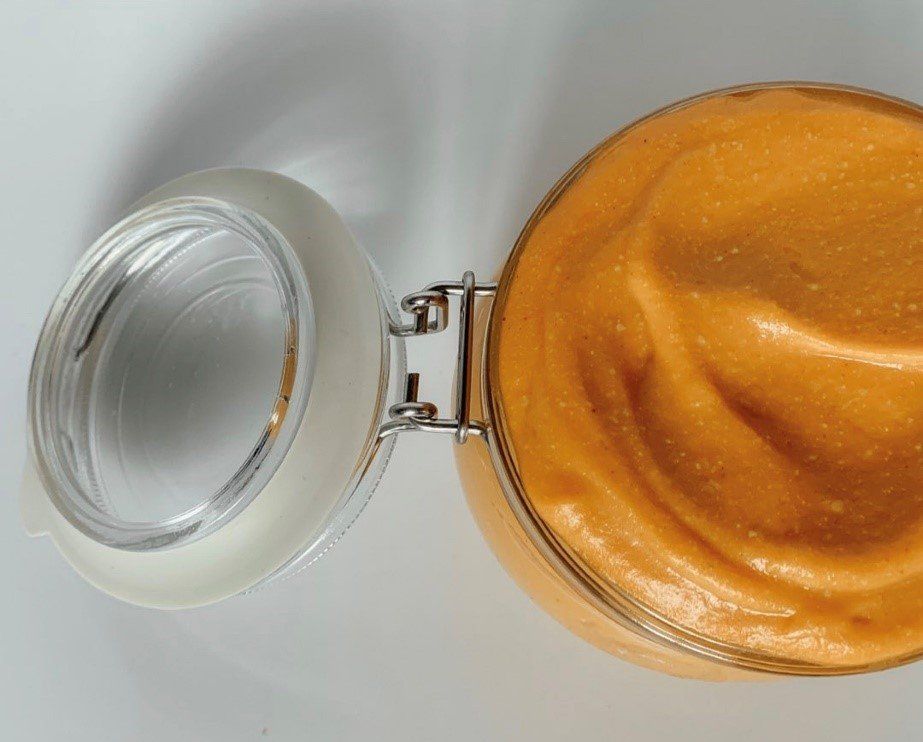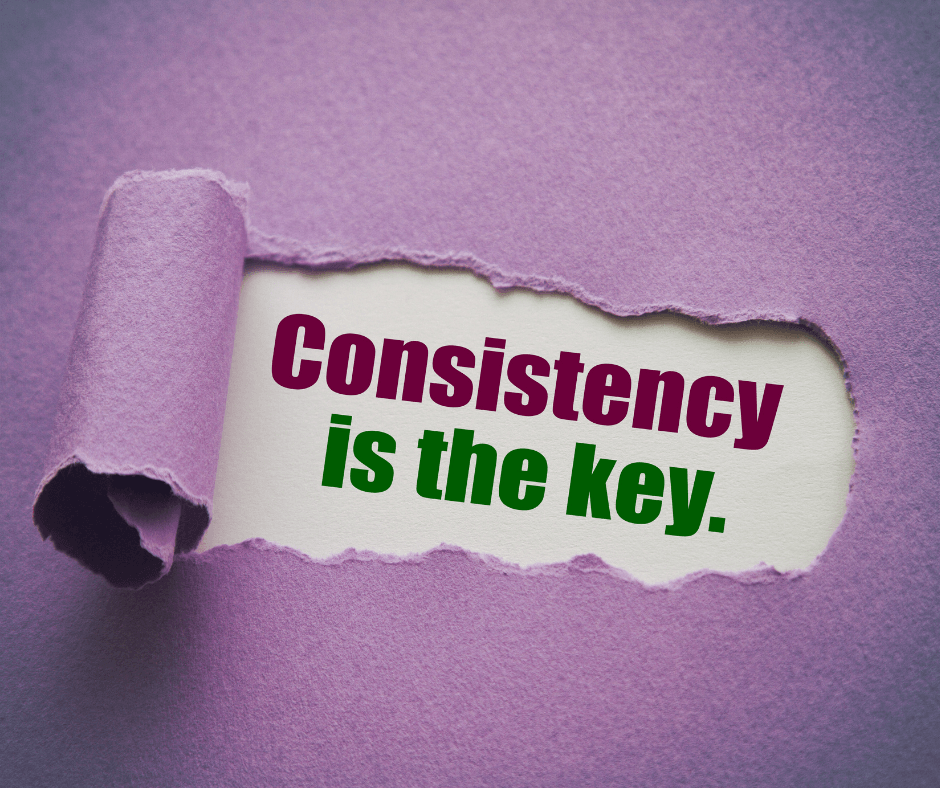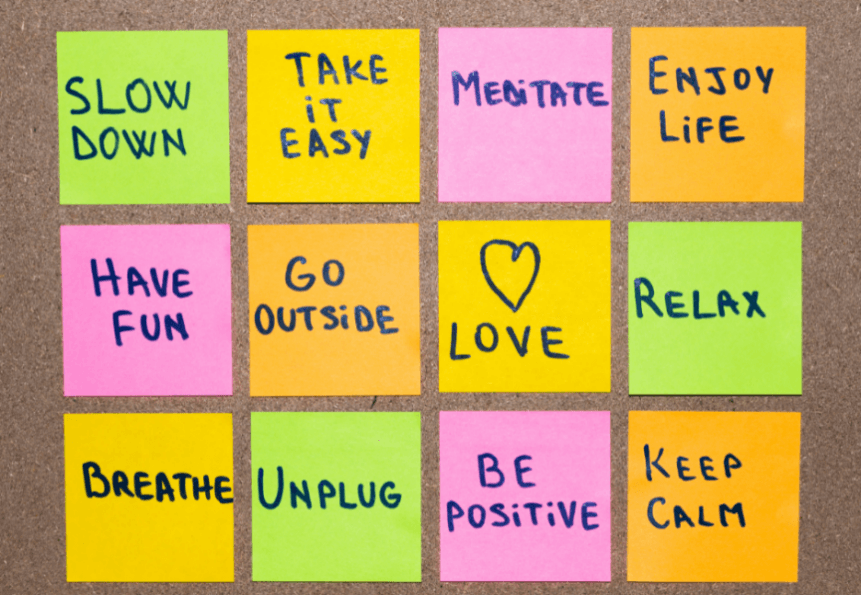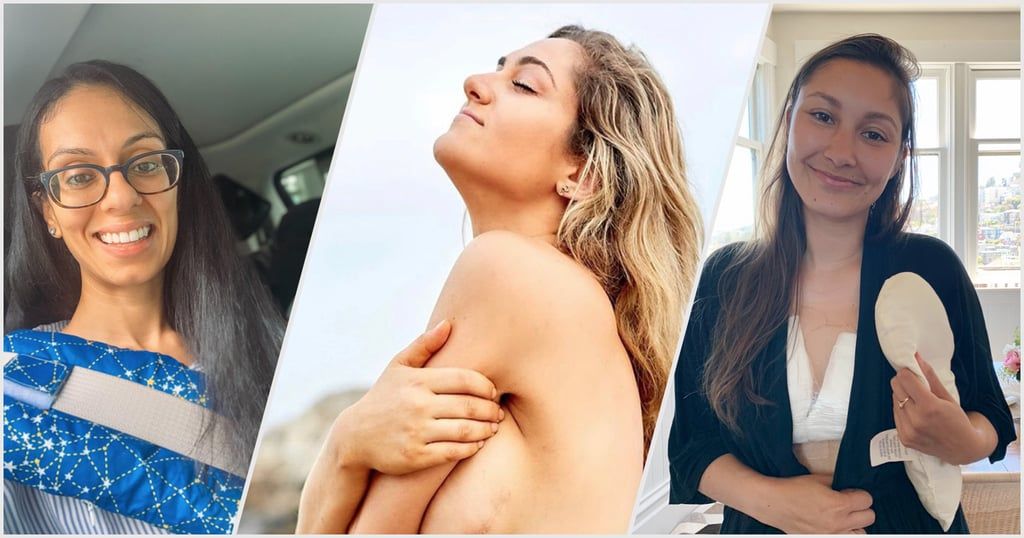555-555-5555
mymail@mailservice.com
5 ways genetic testing for cancer changed my life
The first-time genetic testing came into my life I was only 13 years old except I didn't even know what it was at the time. My mom was 33 years old when she first had genetic testing done after she was diagnosed with breast cancer. The doctors ran a genetic testing panel on her to see if she carried one of the genetic mutations that could predispose her to getting breast cancer at such a young age. At that time, her genetic testing did not identify any abnormal gene variants, so we chocked up her diagnosis to a combination of lifestyle, stress and just plain old bad luck.
Several years later in 2013, we heard about another alarming cancer diagnosis in my mom's family which led me to start digging further into my maternal history. This time I was a second-year medical resident with a lot more knowledge and the ability to ask questions. Long story short, what I found was alarming. There were several women, dating back to my great grandmother, who had been diagnosed with either breast or ovarian cancer. The next thing I knew, my mom was seeing a genetic counselor again and her second time genetic testing for cancer came back showing she carried a
BRCA 1 genetic mutation. The dreaded mutation linked to high rates of breast and ovarian cancers.
Then came my turn, in 2015, I was 26 and nearing the end of my medical training and soon to be married. My tests showed that I carried the same BRCA 1 genetic mutation as my mom. I learnt a lot in the following years as I looked for ways to empower myself and regain control over my life, which at one point I felt I had completely lost.
In honor of breast cancer awareness (aka action) month, I want to share with you five ways that genetic testing for cancer changed my life for the better!
My husband and I were able to prepare for the future - together.
My husband and I were able to have very frank conversations about our risks, what we could do to mitigate those risks, and what kind of surveillance we wanted to undergo. And I say "we" because while I was the one with the genetic mutation, my husband was certainly affected mentally, emotionally and logistically. These conversations weren't easy (lots of tears involved) but they allowed us to be on the same page while making decisions together as a team.
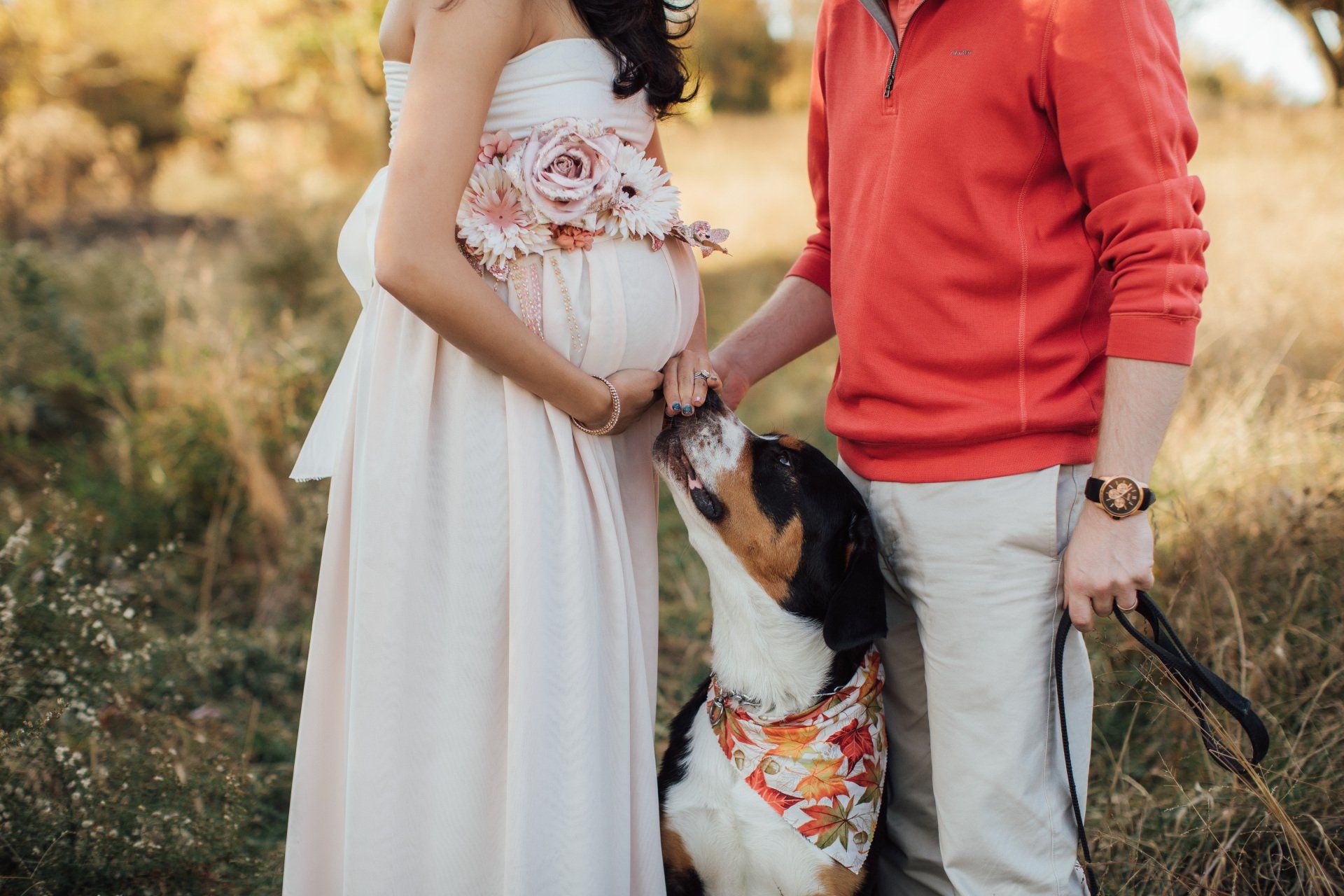
We were able to understand, research and reflect on my cancer risks based on the evidence and my strong family history. That allowed us to create a cancer surveillance plan including self-breast exams, medical visits and screening MRI scans. We mapped out a birth plan around my super busy schedule as a medical resident and then fellow in specialty training. Once I had both my children, I was able to create a plan with my medical team that involved my goals of breastfeeding both my children - something that was very important to me!
I think one of the most powerful advantages was having time to think about my surgical options. I had time to talk to women who had walked in my shoes already to understand and reflect on their experiences. I had time to breathe and was not rushed into anything. In the end, I have always felt extremely grateful for the ability to have a choice to do something about my risk; a choice I know many women, including my mom and several patients didn't get.
It allowed me to be proactive instead of reactive.
The genetic testing and my strong family history suggested that I had a very high lifetime risk of developing breast cancer (imagine being told you have an 85% risk of developing cancer!!). I have always believed that knowledge is potential power and so, with that knowledge, I was able to make the decision to have a preventative double mastectomy and a total hysterectomy at the age of 32. These surgeries have given me a sense of peace that I can't even put into words. I decreased my risk of breast and ovarian cancer by 95%. I no longer live in constant fear of the "what if's" and "when will it happen". I know that proactive decisions reduced my risk significantly and I am grateful for that every day. While some say I could still get cancer, I am fully conscious that I have done & am doing everything possible to decrease my risk as much as possible while giving myself and my children the best opportunity of having me around for as long as possible. For me, this is a great feeling.
It helped me understand my family history. One of the biggest benefits of genetic testing for cancer is that it can help you understand your family history. It empowers you to ask questions that you wouldn't otherwise ask. In our case, the genetic testing (a second time) showed that my mom actually did carry a BRCA 1 mutation. This was a total surprise to us, as her breast cancer had always been considered "sporadic". However, knowing this information has helped us understand our risks as a family and empowered us to change our approach to what health means to us. The important point here is that some people may benefit from repeat testing given the advances in technology, especially if testing was done prior to 2014.
It opened my eyes to the importance of my lifestyle & empowered me to control what I could.
After getting my genetic test results back, I was hungry to know more and understand what I could do to further decrease my risk. Yet other than screening, chemoprevention or surgical options, my doctors basically had nothing to share with me on how my lifestyle could reduce my risk. And this was not acceptable to me. I did my own research, despite my doctor's opinions, and luckily for me I found Dr. Michael Greger on a late night google search. And his
book
"How not to die" basically changed the trajectory of my personal and professional life (for the better of course!).
According to the CDC, 60% of Americans have at least one chronic disease while 40% have 2 or more. Today,
1 in 2 deaths is caused by heart disease or cancer and contrary to popular belief, majority of these are not related to a genetic predisposition or family history. The leading causes of death in America are mostly related to lifestyle habits with a suboptimal diet being the number 1 risk factor for death. More than 75% of chronic diseases are preventable with healthy lifestyle habits.
So, my biggest takeaway from all this? While we can't control the genes we were dealt we CAN control the things that influence our genes (epigenetics!) to reduce our risk of cancer and all the other major killers that are plaguing this country at epidemic levels today. We have more control than we think, and genetic testing is just one tool that can give us the information and power we need to make positive changes in our lives.
Check out this blog post on 5 benefits of a plant-based diet for cancer risk reduction!
It gave me community
We hear this over and over again - Community is everything!
And it is especially true when you are dealing with a genetic mutation. There are so many unknowns, and it can be incredibly isolating, especially as a woman of color. This experience has brought several brave, empathetic, and beautiful women into my life, who I otherwise wouldn't have crossed paths with. Finding other people who have been through or are going through the same thing as you can show you that you are not alone which is an invaluable feeling. There are so many things that can come up when you carry a genetic mutation and it's important to have people in your life who truly understand what you're going through.
Side Note: I just got back from my first solo trip in 5 years since becoming a mother (crazy right?). And guess where I went? I had the privilege of attending The Breasties annual gala and new app launch event. This is one of the incredible support communities I belong too. If you are a cancer previvor, thriver, survivor or caregiver, this community is for you. Check out this IG recap reel from the weekend!
It reminded me of my purpose and created new opportunities for me.
You know how they say, "What doesn't kill you, makes you stronger?", well that definitely applies to many of my experiences. And it's also true that the most difficult experiences in our lives can lead to the greatest opportunities for personal growth. My decision to get genetic testing for cancer was one of those experiences.
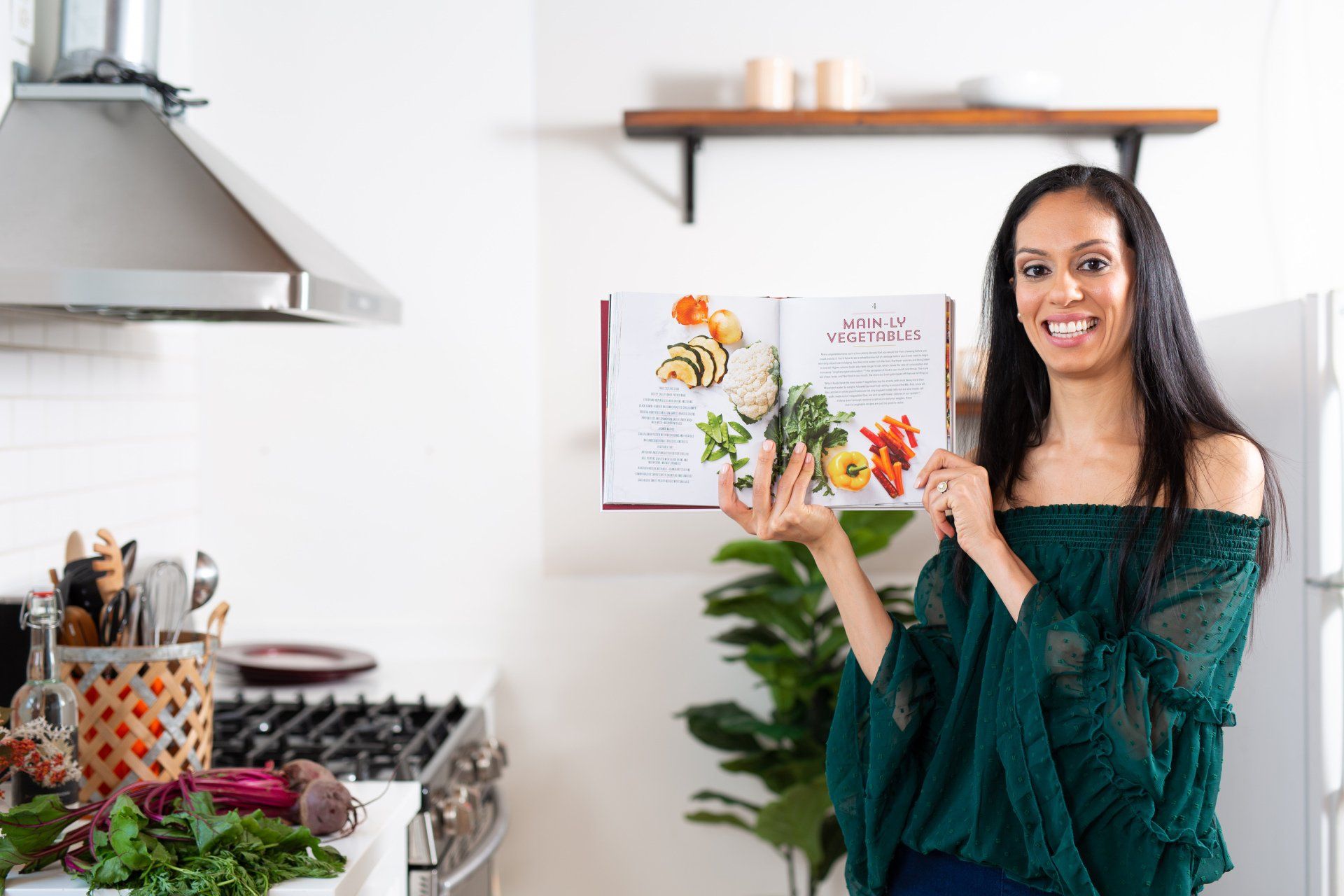
Over the last 7 years, my life has changed in so many ways, but genetic testing ultimately reminded me of my true purpose in this life. It reminded me that my ovaries & uterus gave me life in the form of my two beautiful children and I had the greatest blessing of being able to breastfeed them.
The same parts of my body that were threatening my livelihood were the same parts that gave me my purpose for living. My children gave me a reason to be proactive for and not reactive to a cancer diagnosis.
I have always felt confident knowing my children would love me with or without these body parts because I am their mother, which makes me absolutely irreplaceable in their lives. And I knew that I wanted to show up every day in their lives as a warrior and not a constant worrier.
Beyond my children, I was shown how I could use my experiences as a patient and doctor to empower other women, like me, to optimize their lifestyle and their mindset to reclaim their autonomy, confidence and wellbeing. This has allowed me to feel like I have been able to turn my genetic mutation into something positive. If you feel like this is speaking to you, click this link to book a call with me to see how I can support you on your journey.
Conclusion
Genetic testing is not only transformative, but it can also be lifesaving. It's something that I am incredibly grateful for and has changed my life in more ways than I ever could have imagined. If you are considering genetic testing, I would encourage you to speak with your medical team or a genetic counselor to learn more about what it could mean for you and your family.
Through my experiences, I learnt that genetic testing for cancer can provide more than just a risk assessment; it can also empower people with the information they need to make proactive choices and lifestyle changes. These choices and lifestyle habits have changed my life and the lives of those around me in profound ways. Genetic testing for cancer could be the best decision you ever make, and it may just save your life - in more ways than one!

